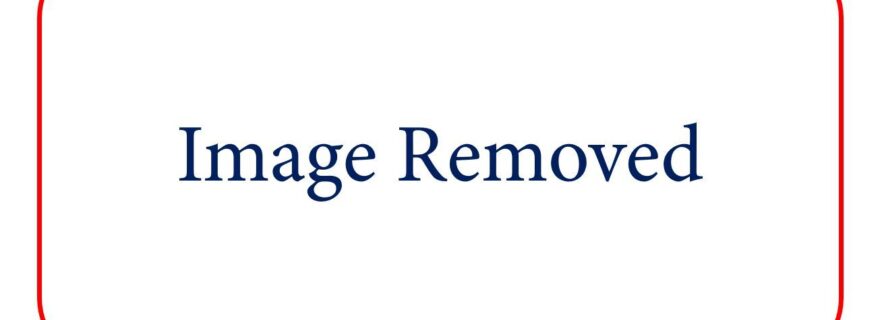Harder, Better, Faster, WIDER
Well-being, inclusion, diversity and equal opportunity are worthwhile goals to strive for in any organization, and universities are no exception.
In May 2019, a new position was created to be part of the Institute of Security and Global Affairs’ (Leiden University) Institute Board: the Well-being, Inclusion, Diversity & Equal Opportunity Representative (WIDER). Several core points were put forward on which this new position should concentrate, but broadly all of these points come back to making sure the Institute is a place with clear policies to make sure all members felt safe and validated in their work. Additionally, it should be a place where in both hiring practices and promotion trajectories, fairness is paramount. That means first, making certain that protocols for hiring and promoting leave little room for (unconscious) bias, and that everyone gets the chance to show and utilise the competences they have. And second, when departing the Institute, there should be clarity and transparency on why the employment ended, ensuring the people leaving do so on the best of terms, thinking fondly about their time at the Institute, and actively seek cooperation in the future.
But doesn’t Leiden University already have a number of systems in place to promote these values? Indeed, it has an HR policy and Code of Conduct that serves this goal. Throughout the University and even external to it, it has a number of confidential counselors to assist staff with issues related to WIDE-issues. And since 2014, Leiden University has a Diversity Office at the top level of the organization. However, research over the past years has indicated that WIDE goals represent core values of an organization, and therefore a whole-of-organization approach should be taken to implement them. Since the WIDER is part of the Institute Board, this kind of approach can be spearheaded more easily, complementing, and not replacing, the overall HR policy and Code of Conduct. The WIDER is also complementary to the confidential counsellors, who give assistance concerning specific problems and conflicts, but do not have the mandate to change systemic issues through new policies. Finally, the WIDER complements the Diversity Office, providing a bridge between the University level and the Institute level.
Second question: is this really that important of an issue? Surely in an enlightened environment as academia, we already encompass these values? Well, if we take a look at our universities, we can certainly still see racial and gender imbalances, primarily at the level of full professors. Let me also invite you first to go and see #MeTooAcademia: The Learning Curve, showing that universities are certainly not beyond sexual harassment issues. Or read The Mindful University, which states in its introduction that “In 2017, Universities UK (UUK) said that one-in-four students and staff will experience a mental health problem in any given year.” For people working in academia, this should not come as a surprise. We are expected to convey knowledge and engage with students in classes. We are equally expected to do research and find funding to do so, increasing thereby academic knowledge that also has to be relevant for society as a whole. And we cannot do this in our ivory towers, we have to present our work to the world at large. That means publishing in academic journals, but also being present in popular media, showing what benefits funding for academic research brings. Did I mention leadership and management already? Being an academic means also taking on responsibilities for coordinating a program, serving in different boards, providing guidance to Ph.D. candidates, tutors, research teams – this is just the beginning of a long list. Of course, there we can rely on a dedicated team of administrative staff, without which University life would come to a complete halt, but involvement of academic staff in these more managerial roles is not small either. And finally, we do this in a complex work environment, where colleagues are sometimes competitors as well. We simultaneously work for and with the same person, creating fluid power relationships that are, understandably, not always understood by people in leadership positions, certainly when it relates to the more vulnerable positions Ph.D. candidates and junior staff are in.
So, here stands the first WIDER of Leiden University. Three months have swiftly gone by, and it still seems like I am just starting, learning more every day, better defining and understanding this new role. The Institute of Security and Global Affairs is by no means the ultimate example of all of the issues talked about above. Plenty of things are being done right. But that is not an invitation for complacency, instead it should push us to strive for more and better. In the end, community is indeed key. Together we can make sure that the Institute is a fostering environment, where all members are valued for their competences, and are provided equal opportunities to develop their talents. Every day, we all try to excel in our educational goals and provide innovative research. There is no reason not to give the same level of care to how we organize our Institute, and how we act in our professional interpersonal relationships. We should strive to be an example for our colleagues, our university, and the academic world at large.


